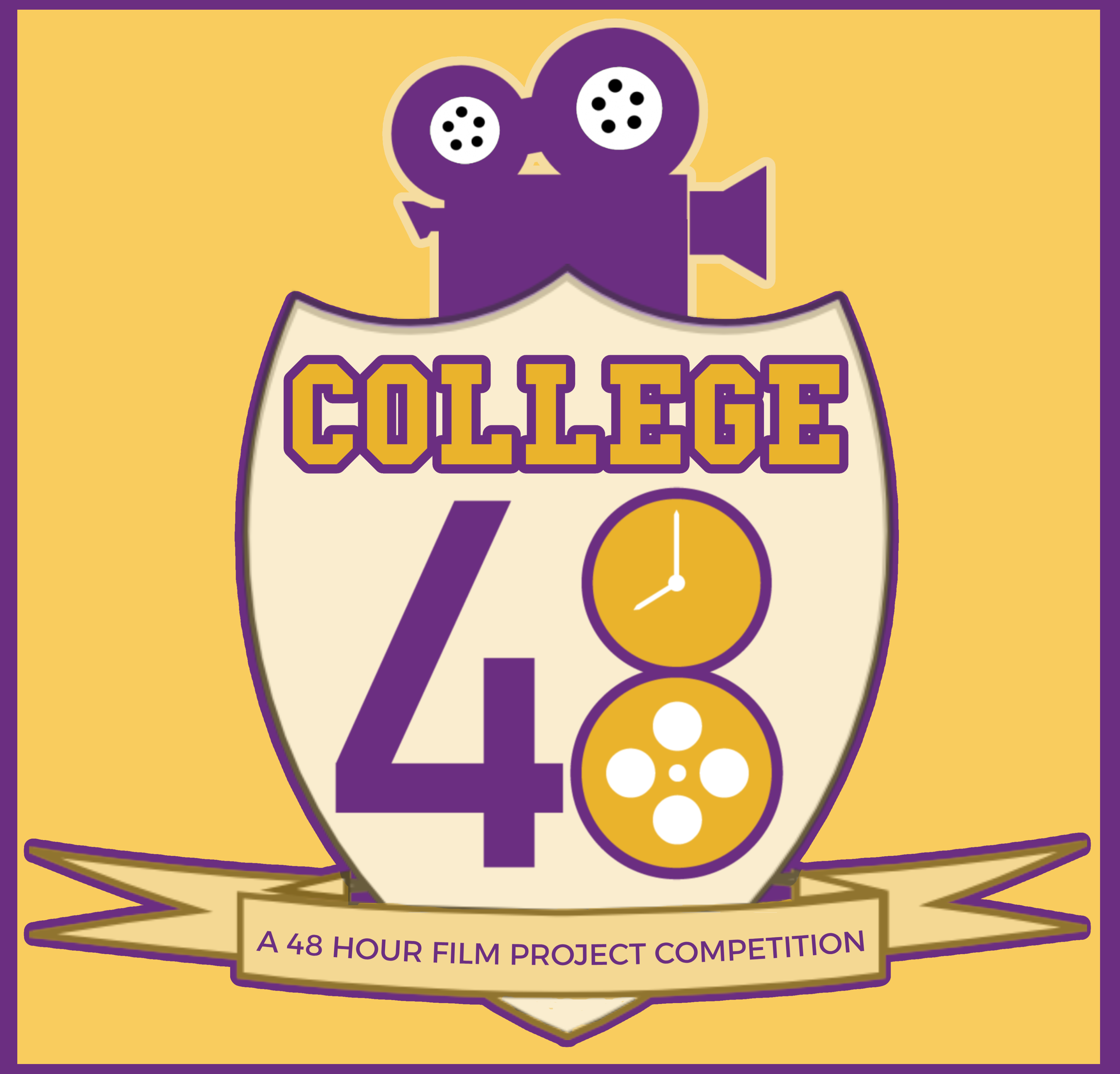Scotland 19
Listen to Scotland 19, a 50-year-old woman from Shetland Islands, Scotland, and also Australia. Click or tap the triangle-shaped play button to hear the subject.
Both as a courtesy and to comply with copyright law, please remember to credit IDEA for direct or indirect use of samples. IDEA is a free resource; please consider supporting us.
BIOGRAPHICAL INFORMATION
AGE: 50
DATE OF BIRTH (DD/MM/YYYY): 16/07/1959
PLACE OF BIRTH: Shetland Islands, Scotland
GENDER: female
ETHNICITY: Caucasian
OCCUPATION: operations manager at a university in Australia
EDUCATION: advanced diploma
AREA(S) OF RESIDENCE OUTSIDE REPRESENTATIVE REGION FOR LONGER THAN SIX MONTHS:
The subject hasn’t lived in the Shetland Islands for nearly 20 years, and when recorded had lived in Melbourne, Australia, for the previous 10 years.
OTHER INFLUENCES ON SPEECH:
The subject cites the influence of television and other media over the past 50 years as responsible for a remarkable change in the strength of the dialect of the Shetland Islands.
The text used in our recordings of scripted speech can be found by clicking here.
RECORDED BY: Geraldine Cook
DATE OF RECORDING (DD/MM/YYYY): 09/04/2010
PHONETIC TRANSCRIPTION OF SCRIPTED SPEECH: N/A
TRANSCRIBED BY: N/A
DATE OF TRANSCRIPTION (DD/MM/YYYY): N/A
ORTHOGRAPHIC TRANSCRIPTION OF UNSCRIPTED SPEECH:
Erm, so I’m originally from the Shetland Islands, which is, I think, it’s about 120 or 180 miles north of the mainland of Scotland. Erm, I, I left the Shetland Islands about 20 years ago now and, er, so, certainly my accent and, and I notice my family are still there, has changed considerably. However, it’s still, I believe, from people’s, erm, I suppose, expressions when I start to speak, it’s still fairly strong. The, er, island that I came from was, erm well, Shetland is made up of a group of small islands. The island that I grew up on was the island called Bressa. It’s an island with about 180 people on it, and, er, I lived there for about, well, most of sort of, thirty years in fact on the island. Um, I still go back regularly, and my family still lives there, but the islands are, erm, there’s a lot of dialects around the islands, and each island, I mean, it might only be about six miles long but it has a very distinctive dialect on the island, so much so, that the other islanders know immediately when you start speaking which island you’ve come from. Er, my island which is very close to the mainland Lerwick was probably, well certainly to me, it seemed one of the less, erm, uh, strong dialects I suppose. The further north, erm, you got, the stronger they were, to the point that with a couple of the islands I really struggle to understand what people were saying quite often. Erm, but it was, uh, yeah, it’s a really interesting range of a sort of cross between Scandinavian I suppose in some of the words, and erm, and into Scottish. So, it’s, I mean, I think the islanders would certainly connect themselves stronger to Scandinavia. There’s a lot of words distinctive to the Shetland language. In fact, there’s a dictionary on Shetland language that’s available, so erm, which isn’t that big a dictionary but it’s, er, it does cover a range of words, many of which I don’t know because it’s very much old Shetland rather than the latter day, which is, of course, the island has now has been very much affected by having access to television and everything else and radio changed them completely, so I suppose in the last ah, fifty years. There’s this remarkable change in the strength of the dialect.
TRANSCRIBED BY: Geraldine Cook
DATE OF TRANSCRIPTION (DD/MM/YYYY): 12/07/2010
PHONETIC TRANSCRIPTION OF UNSCRIPTED SPEECH: N/A
TRANSCRIBED BY: N/A
DATE OF TRANSCRIPTION (DD/MM/YYYY): N/A
SCHOLARLY COMMENTARY: N/A
COMMENTARY BY: N/A
DATE OF COMMENTARY (DD/MM/YYYY): N/A
The archive provides:
- Recordings of accent/dialect speakers from the region you select.
- Text of the speakers’ biographical details.
- Scholarly commentary and analysis in some cases.
- In most cases, an orthographic transcription of the speakers’ unscripted speech. In a small number of cases, you will also find a narrow phonetic transcription of the sample (see Phonetic Transcriptions for a complete list). The recordings average four minutes in length and feature both the reading of one of two standard passages, and some unscripted speech. The two passages are Comma Gets a Cure (currently our standard passage) and The Rainbow Passage (used in our earliest recordings).
For instructional materials or coaching in the accents and dialects represented here, please go to Other Dialect Services.
 IDEA: International Dialects of English Archive
IDEA: International Dialects of English Archive





